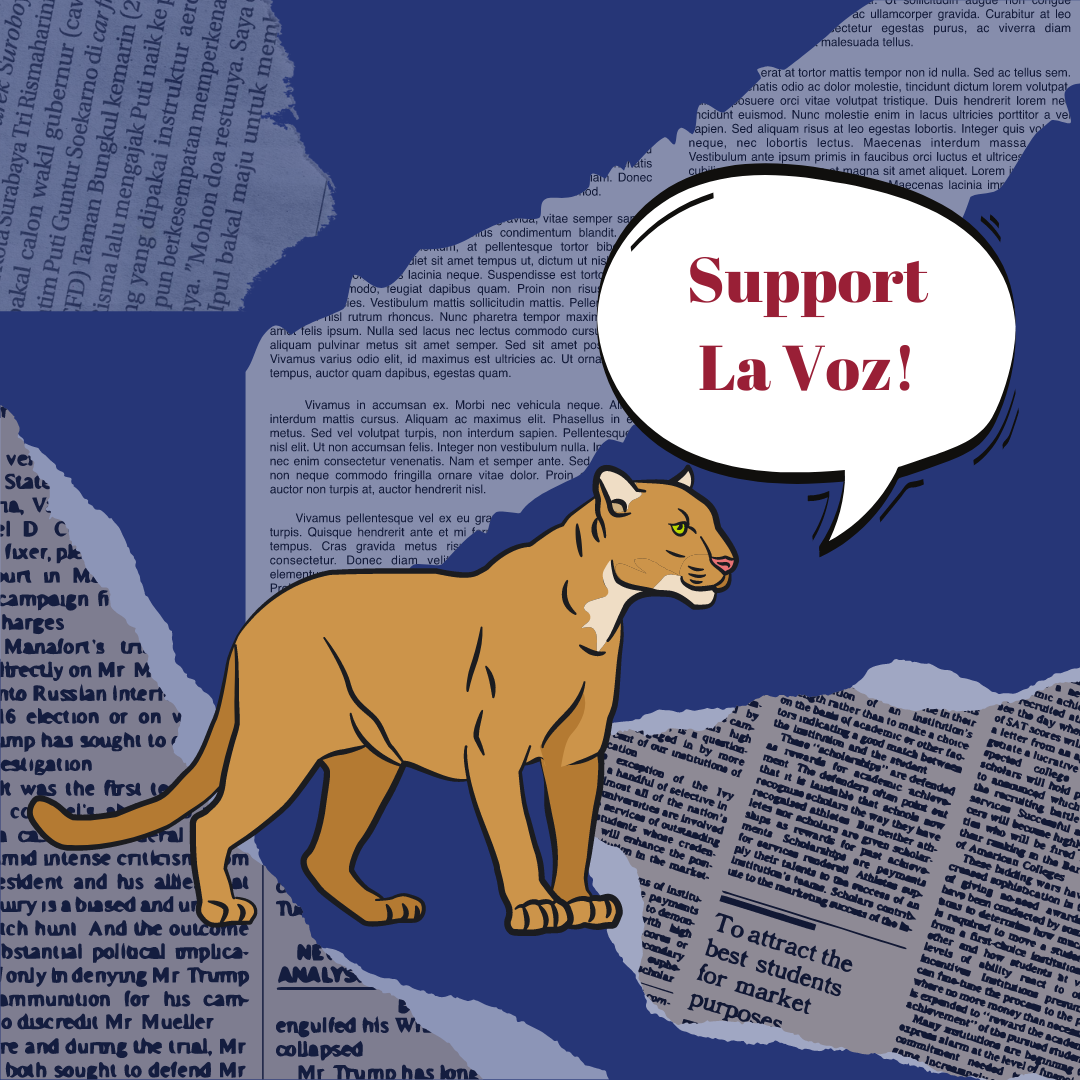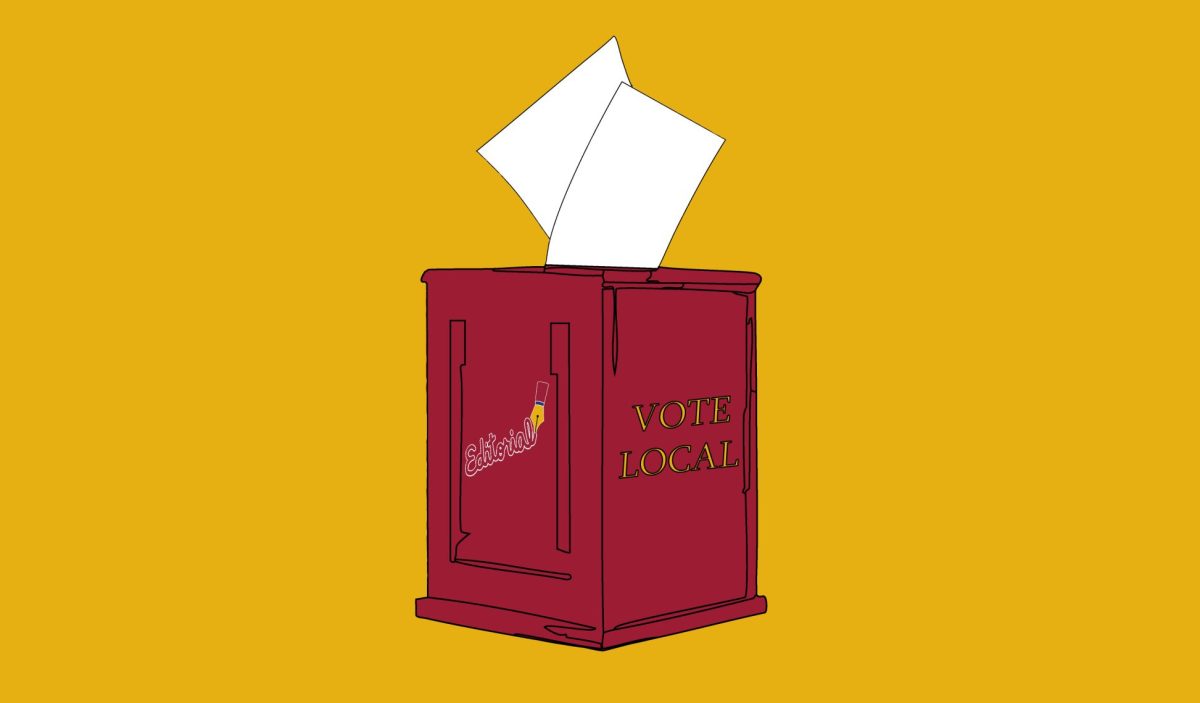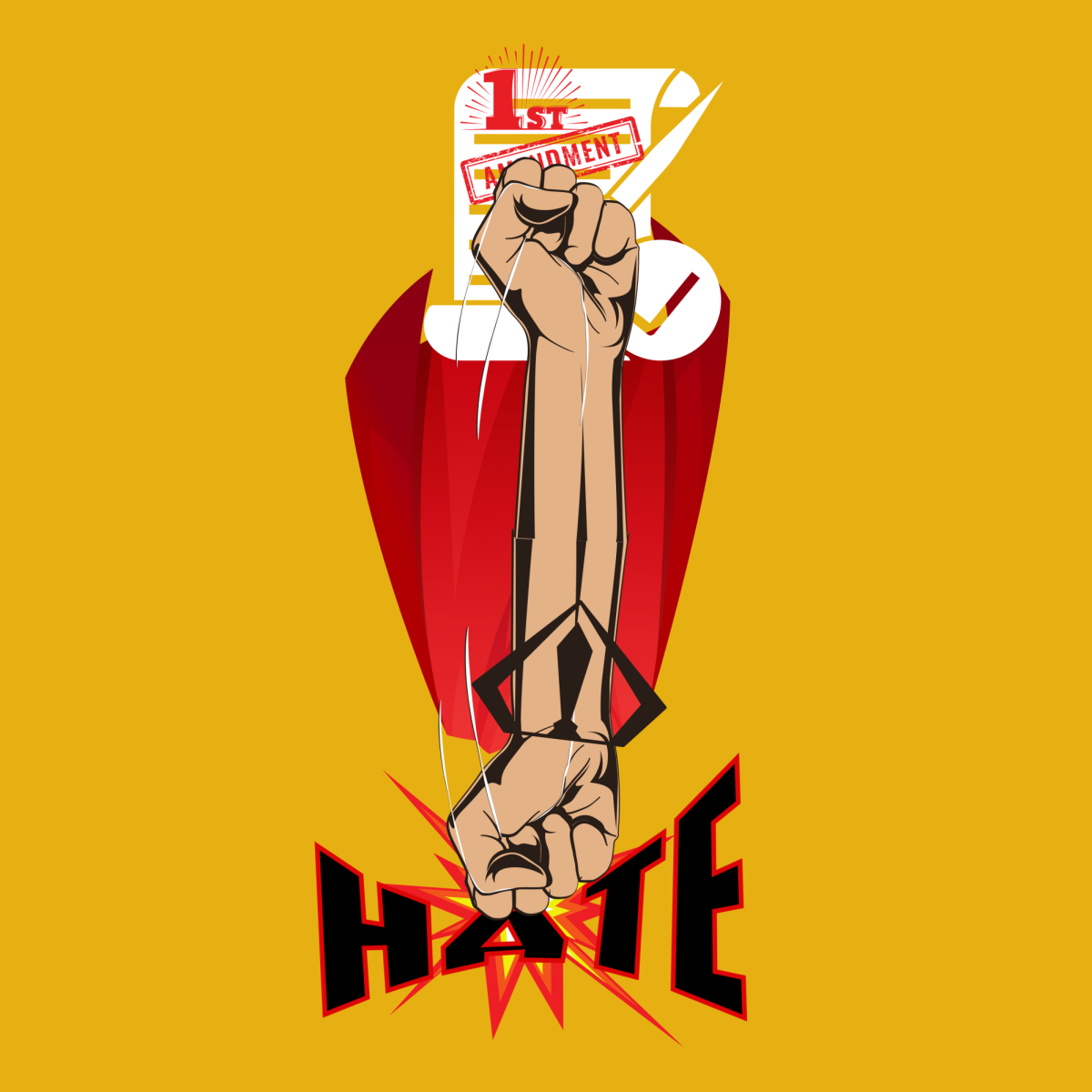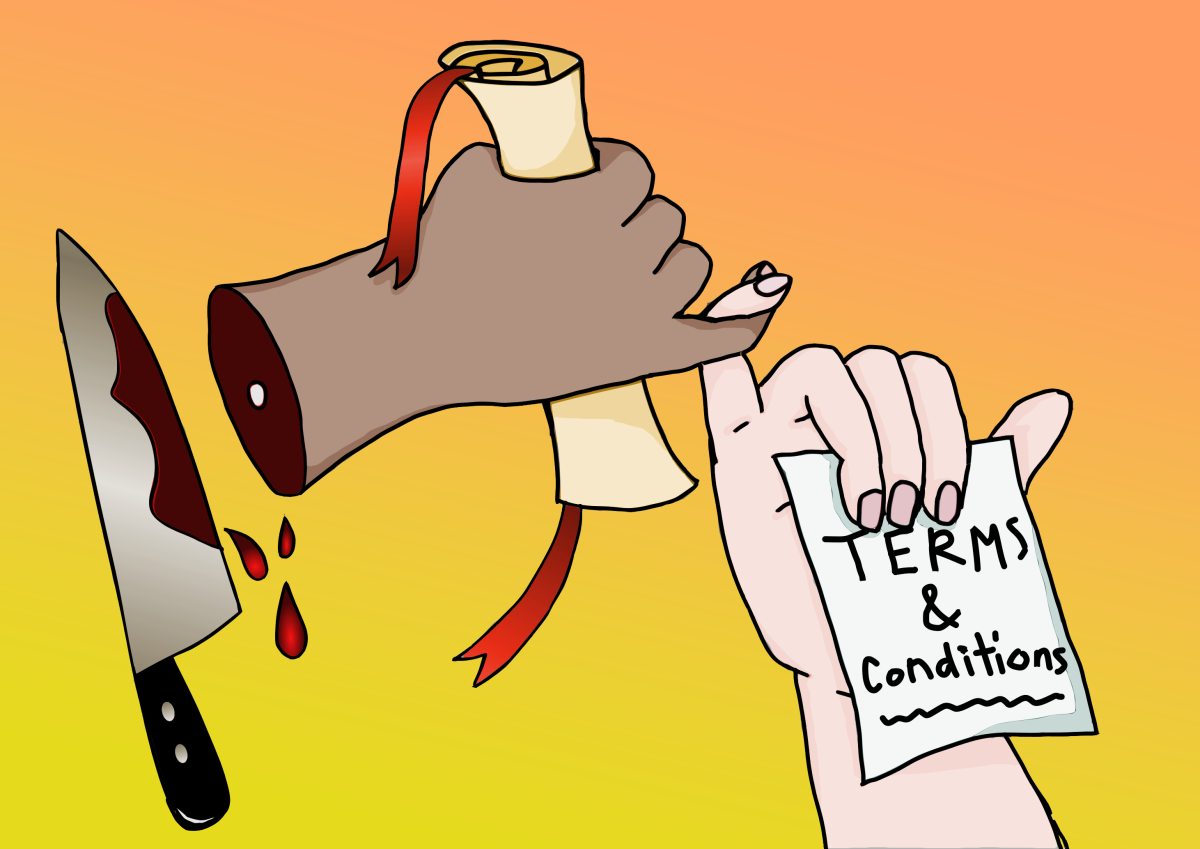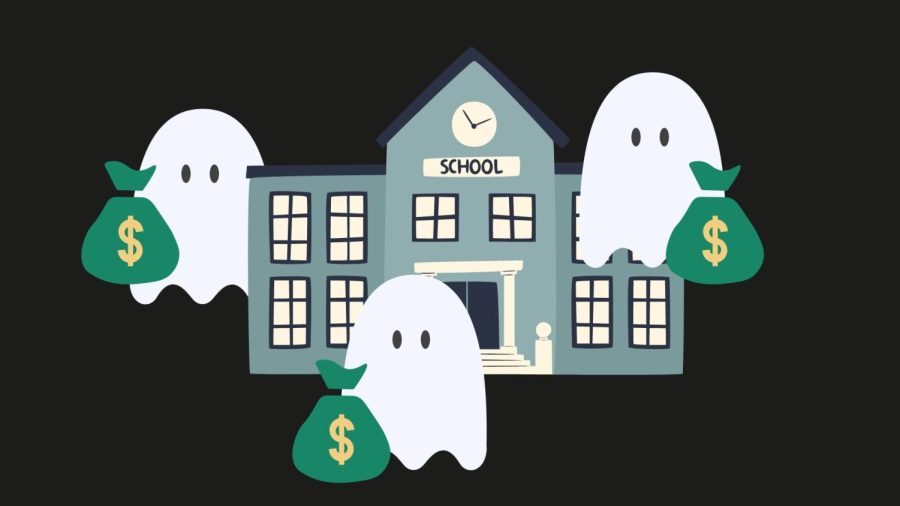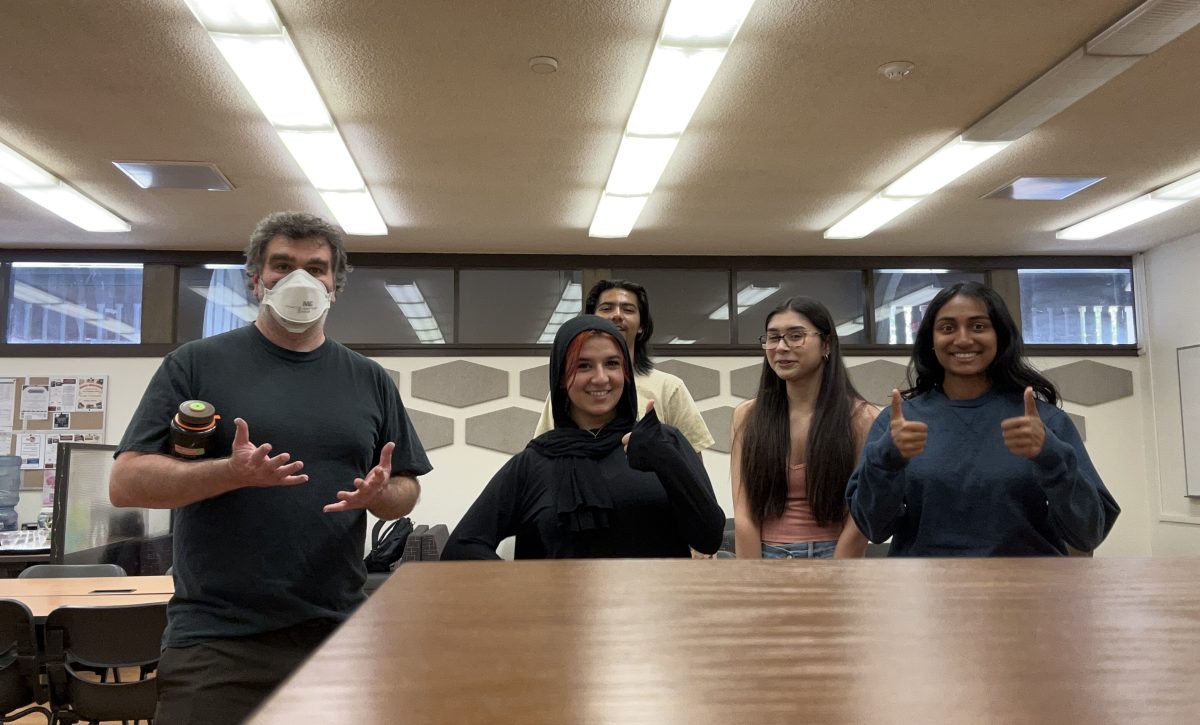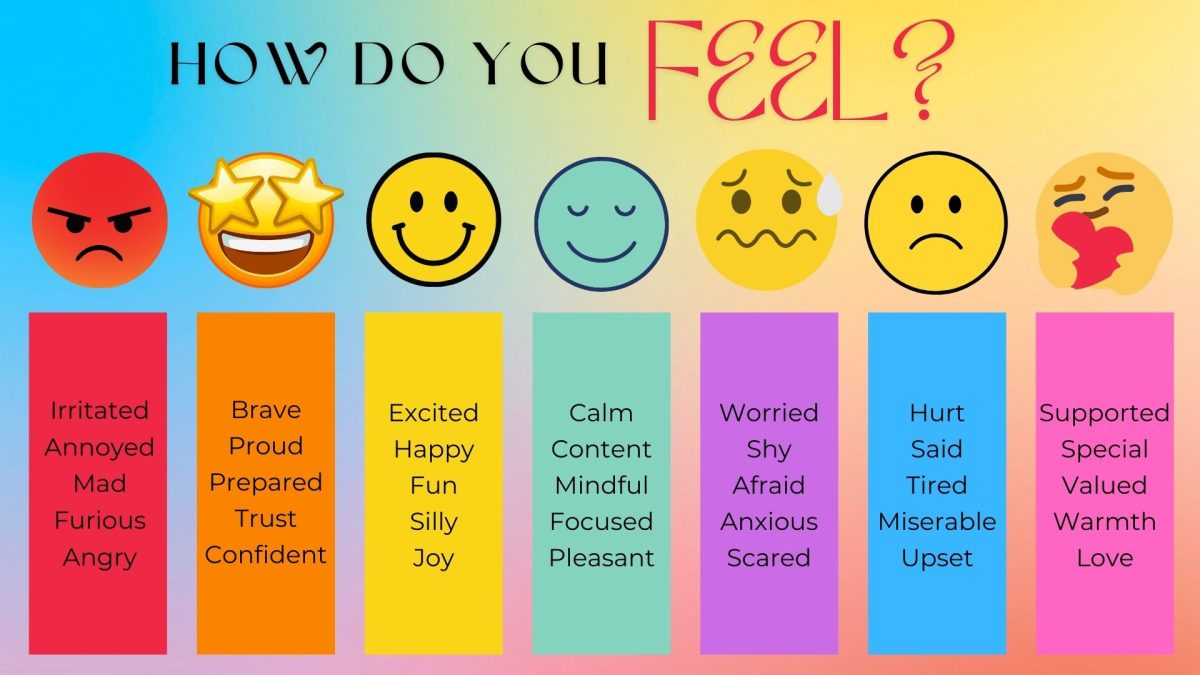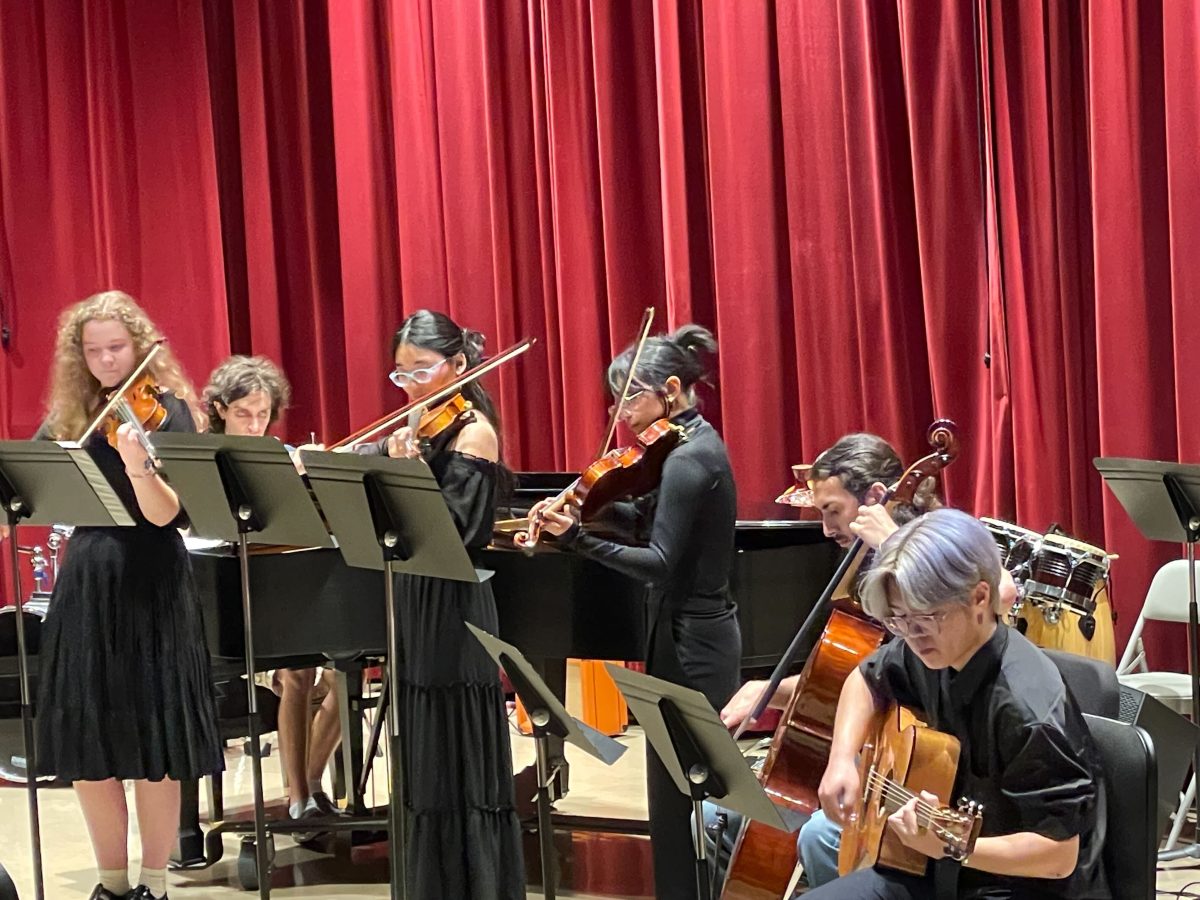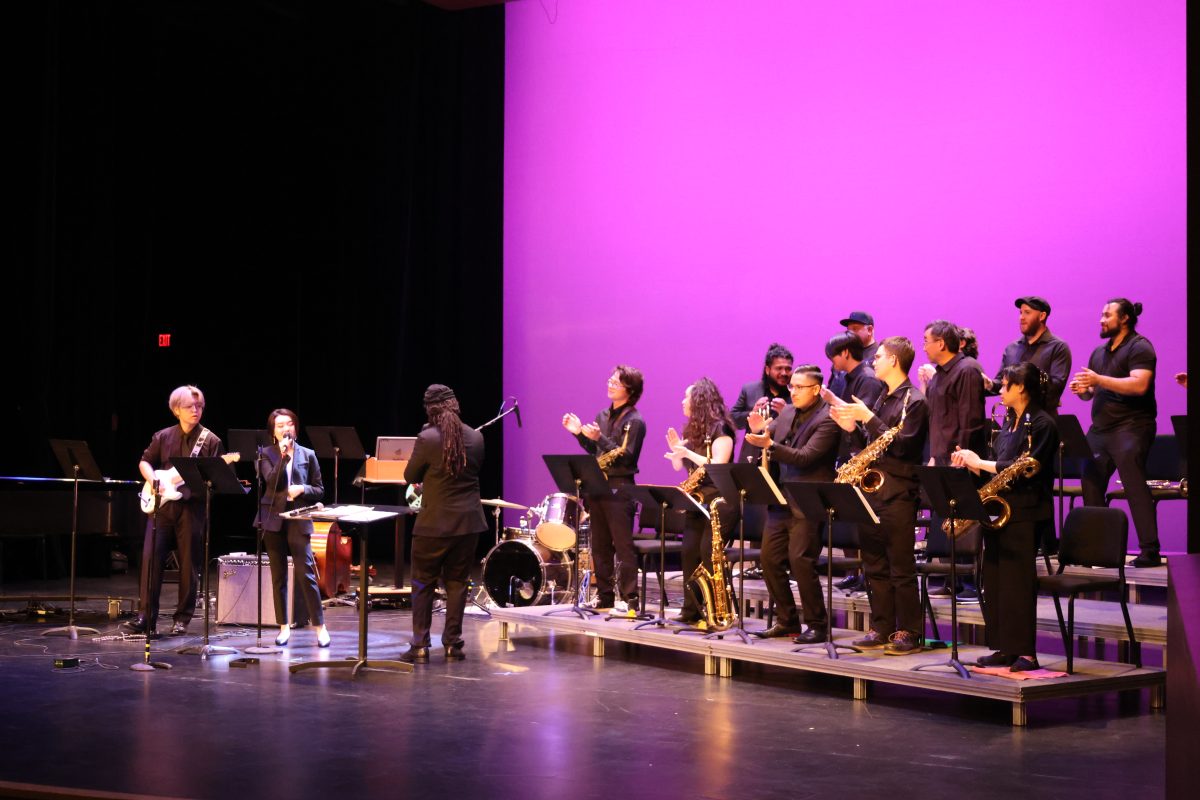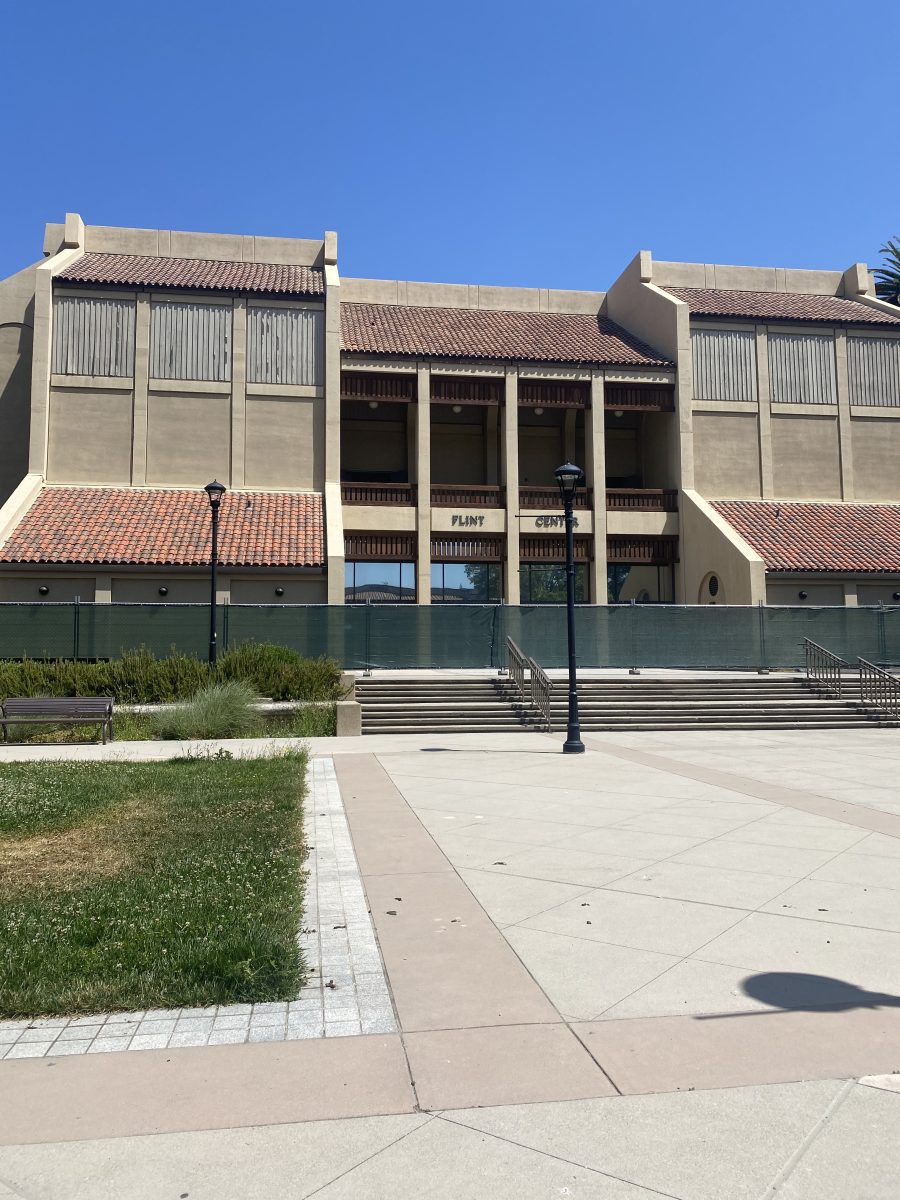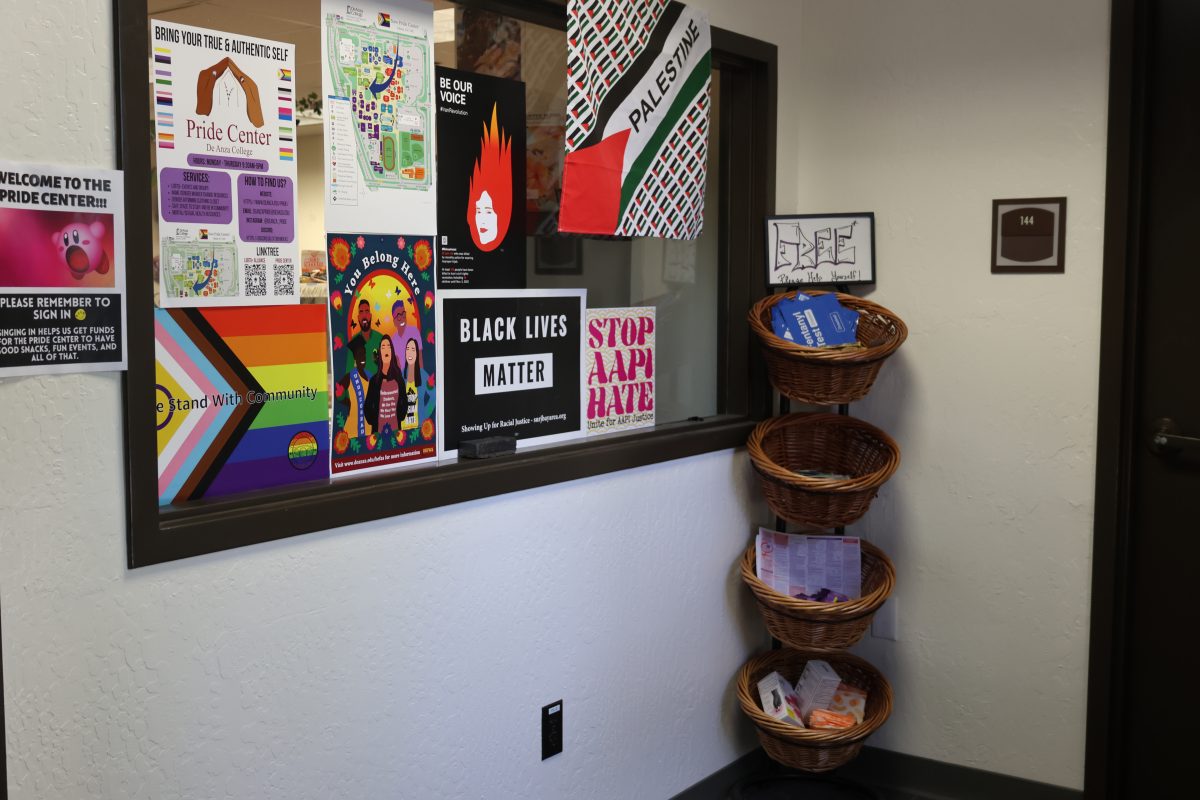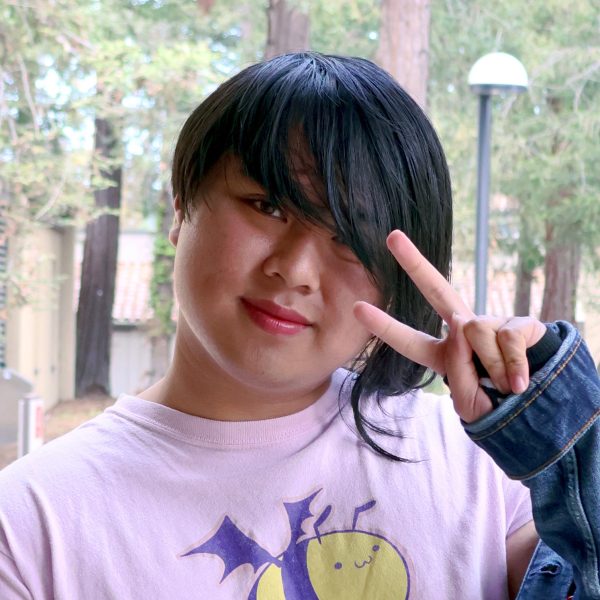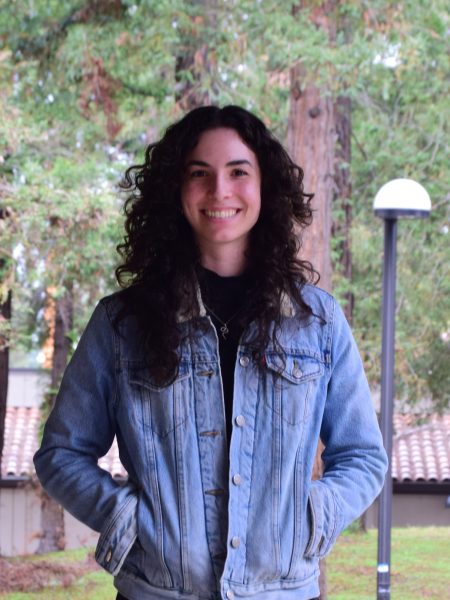Journalism, the way we know it, is disappearing.
Print papers and local news organizations are slowly dying out or being eaten up by larger groups. Our access to our First Amendment rights are changing rapidly, from new social media bans to censorship from peers and platforms alike.
News is changing and it’s a scary time for print media. Everything is leaning towards the digital, which isn’t a bad thing, but it has led to print being defunded — especially in student media — forcing people to quit the art altogether.
Media consolidation is also on the rise, with bigger media companies buying smaller media and evaporating them or putting them under their rules. Aside from Palo Alto Weekly, Midpeninsula Post and San Jose Spotlight, basically everything non-student in the South Bay is either BANG (Bay Area News Group) or SFMC (San Francisco Media Company) owned.
As more news heads to social media, more misinformation spreads as non-journalists, specifically those who are not well versed in journalistic standards and integrity, begin to give information across platforms.
This is helpful in terms of fast news, but doesn’t allow information to be properly vetted and presented to the public.
This also leaves the door wide open for bad actors to spread disinformation — once it starts, it spreads like wildfire. Sometimes it’s not even for malicious reasons, just someone who hasn’t run their work through edits or fact-checking.
Ashanti Blaise-Hopkins, president of SPJ, said during her speech at the Associated Collegiate Press conference in La Jolla, San Diego, that “the idea that the journalism industry (is) the pillar of hope that was keeping our democracy functioning and sustainable.”
The keynote speaker also mentioned how journalism is fading in many areas of the country.
“Back in 2020 the UNC Hussman School of Journalism and Media conducted a study and what they found was that since 2004 the U.S. has lost more than 2100 newspapers. That’s just till 2020, we’re not even talking about the newspapers we have lost in the last four years,” Blaise-Hopkins said.
Blaise-Hopkins also mentioned how because of this disappearance, with the loss of local media, parts of the country have become “news deserts.” In these areas, some may rely on student journalism to get their direct local news.
While the south bay has local media in the form of Mercury News, the Sunnyvale Sun and other similar organizations, they are almost all owned by either national news groups — take KQED, a PBS newsroom, for example — or are under the Bay Area News Group, headquartered in San Francisco with leadership far away from the issues truly impacting local communities. Of course there are organizations independent of these larger groups, such as Palo Alto Weekly, San Jose Spotlight and the Daily Post, but they’re still beholden to the profit motive so they can be just as — if not more — obligated to cover their sponsors or potential sponsors in a better light than is true.
This is why student journalism is so important; not only is it a stepping stone to get into journalistic careers, but it can help local communities who do not have access to local media get their news without the financial pressures many professional journalists are subject to.
Over the course of the COVID pandemic, around 360 papers closed nationally by 2022; a rate of two papers a week, most of which were local and/or nonprofit newsrooms.
The apathy towards La Voz only adds to this detriment. La Voz is not well known on campus anymore, we struggle to retain journalists and editors and our print budget has never returned to what it was pre-COVID which affects our printed newspaper.
DASG recently approved our total 2024-25 budget increase from $9,000 to $10,000, which we are extremely thankful for, but it does not compare to the $27,065 that we requested. It is also half of what La Voz’s budgets looked like a few decades ago, not taking inflation into account.
La Voz has received great portions of budget for equipment and web hosting, but we cannot run a fully functioning newspaper on equipment alone. No budget for print means no capability to create our newspapers.
While $4,000 for print next year is amazing — definitely better than the $0 we got this year — it’s a far cry from the five-digit print budgets we had to work with back when we were La Voz Weekly, a print newspaper with a website and not the other way around.
We have even had to create a GoFundMe to be able to print our paper for the past two quarters. We had to downsize during winter quarter to just one print issue when we normally ran at least one issue every two weeks pre-pandemic.
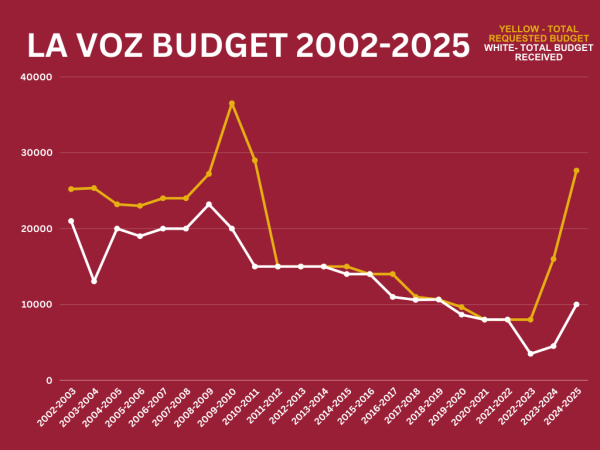
Most people who join La Voz want to have fun, share stories and investigate the world around them, but many want to pursue journalism as a career. The lack of support, both financially and on-campus, harms those pursuing their educational and career goals.
Administration’s lack of support for La Voz in previous quarters means we cannot do our jobs as well. Former President Lloyd Holmes often didn’t talk to La Voz, answer our questions or emails for comment on campus happenings.
We were investigating an incident involving the track coach and the lack of communication around his firing and rehiring and were often met with silence.
While we understand that certain things might not want the public eye, it’s our job to shed light on what happens on campus. We cannot accurately do that if we are not given proper sources, or only get information from one side on matters.
We are student journalists, we’re learning and we make mistakes, but we need community support to get accurate information and write the best we can. Don’t hold grudges against our mistakes, but instead come forward and help us correct and learn.
Support student media, support journalism, support La Voz, tell people about us and commit to protecting and supporting the First Amendment.



